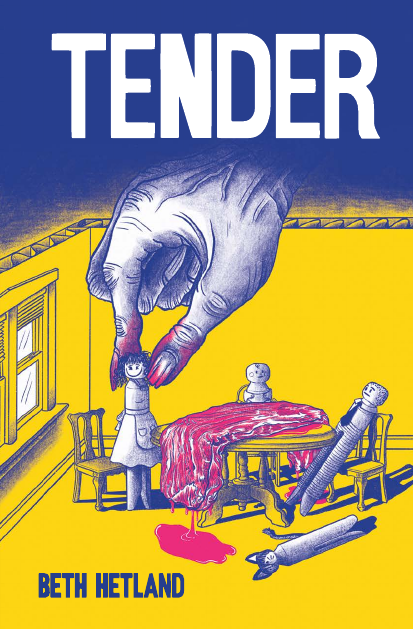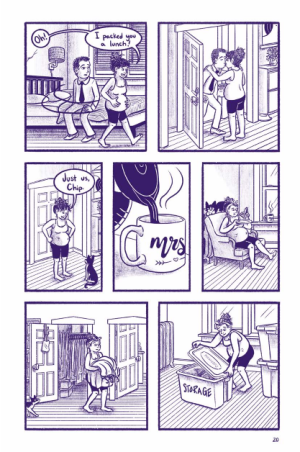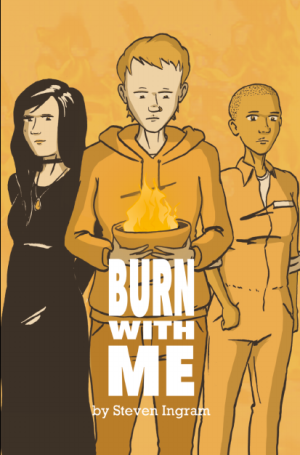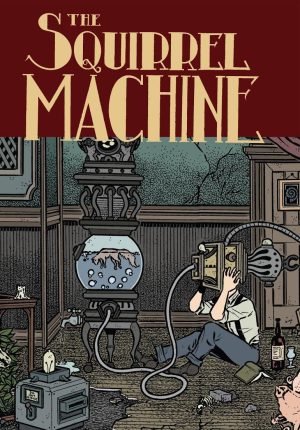Review by Ian Keogh
The defining purpose of Carolanne’s life is to have a baby, and with a month to go before the baby’s due she quits her job determined that’s the end of her working life. She’s looking forward to devoting herself full time to raising the baby.
As presented by Beth Hetland to begin with, Carolanne is a dreamer, fantasising about a form of what she sees as a perfect life, but we’re then presented with flashbacks showing the life presented has been a little more calculated. The perfect life she envisages is constructed from comparisons with others as depicted on their possibly not always reliable social media. Furthermore, Carolanne’s actual dreams are viscerally disturbing nightmares packed with unpleasant images. The deeper into Tender we go, the reality of Carloanne’s addiction to her own fantasy is shown as unhealthy to the point of self-harming at the slightest deviation.
It seems at the start as if Hetland is too addicted to showing every trivial moment of Carolanne’s life, but the leisurely storytelling is deliberately calculated as the transformation into what Tender becomes is gradual. It’s accompanied by simple cartooning making extremely effective use of visual devices, especially colour, which comes to reflect changing moods. Those accompany varying circumstances shown, but never explained, leaving them open to interpretation, and it’s an extremely rare scene that’s not from Carolanne’s viewpoint. Does the featuring of a black cat combined with a tarot reading indicate a belief in witchcraft? What are we to make of Carolanne’s frequently seen meat consumption? Is there a greater significance to the nightmares beyond their unsettling nature?
There is clarity about where things are heading around two-thirds of the way through, at which point it’s apparent Tender has been constructed as a narrative mirror image. The hope and optimism of the start descends to an absolute horror. It’s best read without prior knowledge, but it’s sad, and once revealed it’s apparent that the foreshadowing has been subtle, but hardly concealed. It leaves Tender as disturbing, cleverly titled and one of those stories once read destined to stick with you for a long time.





